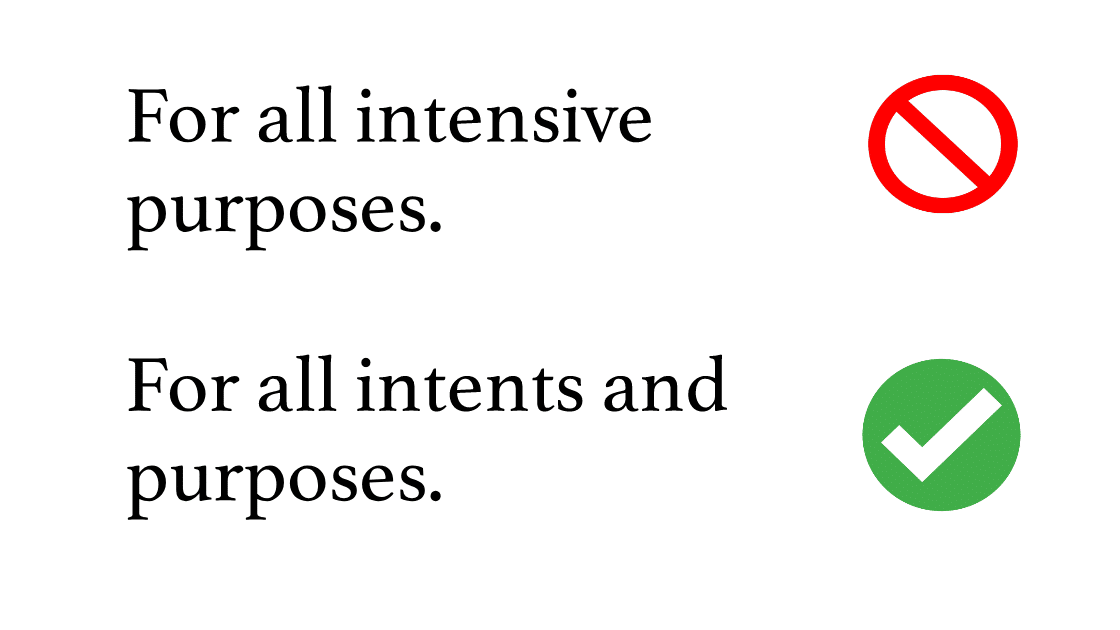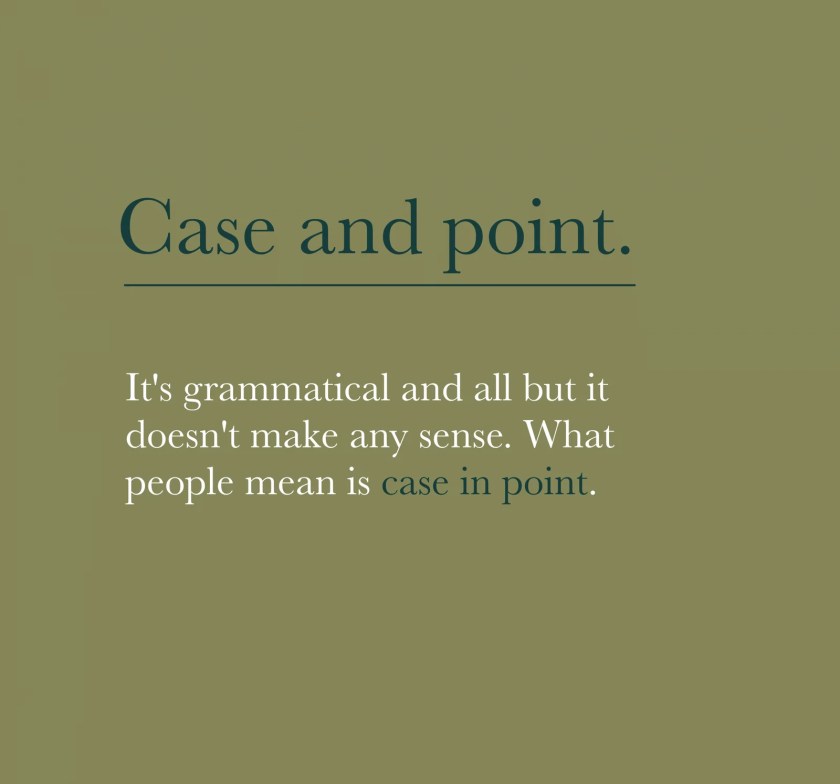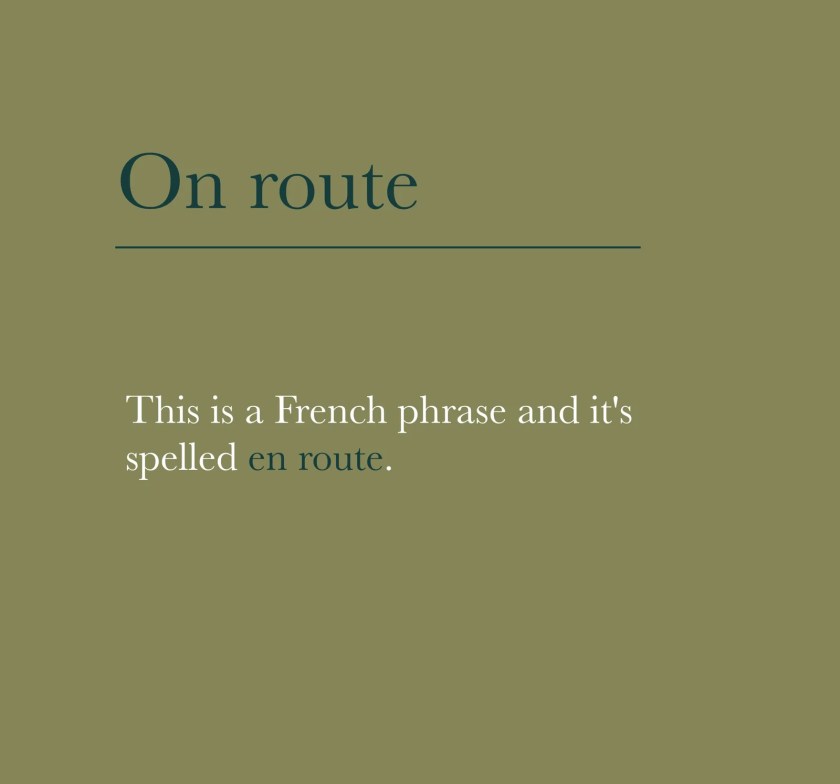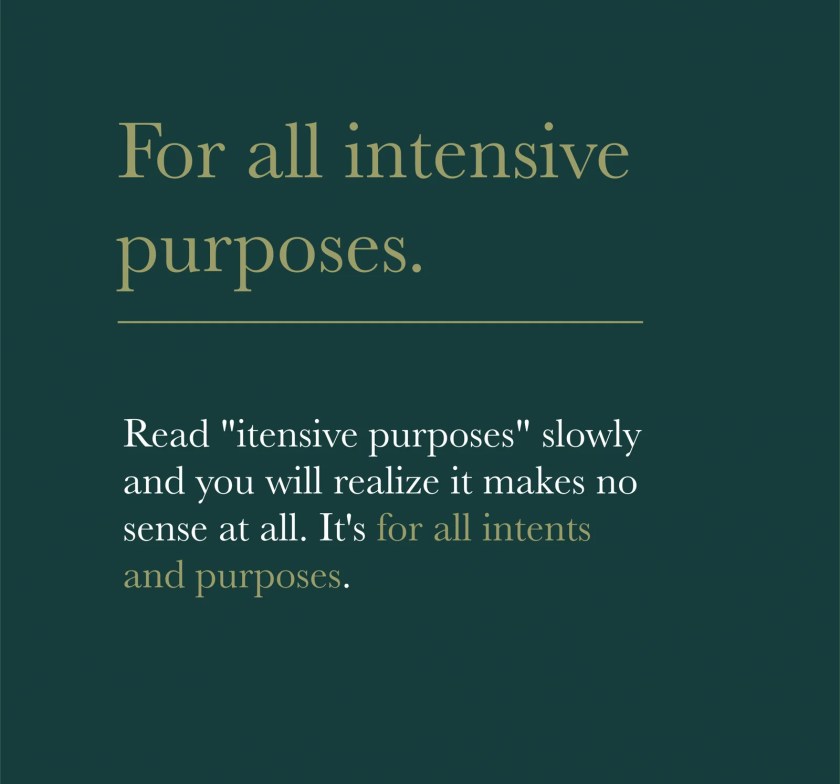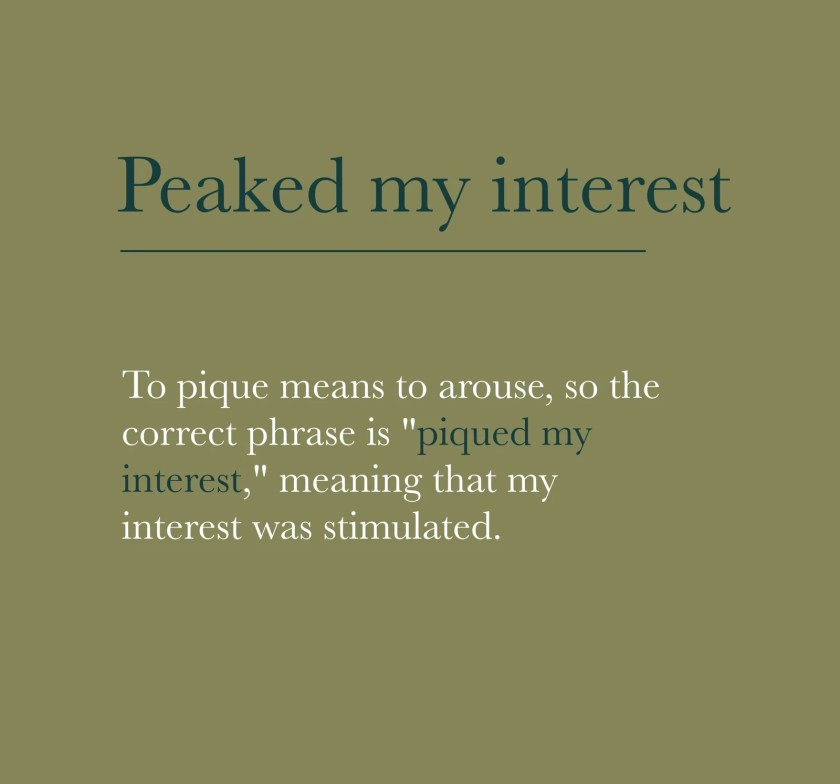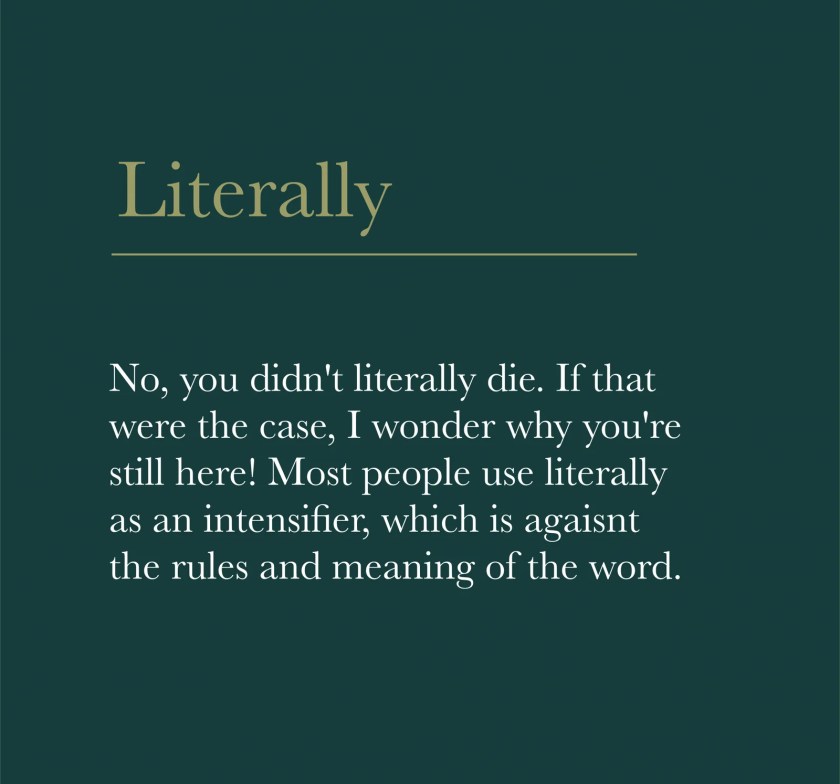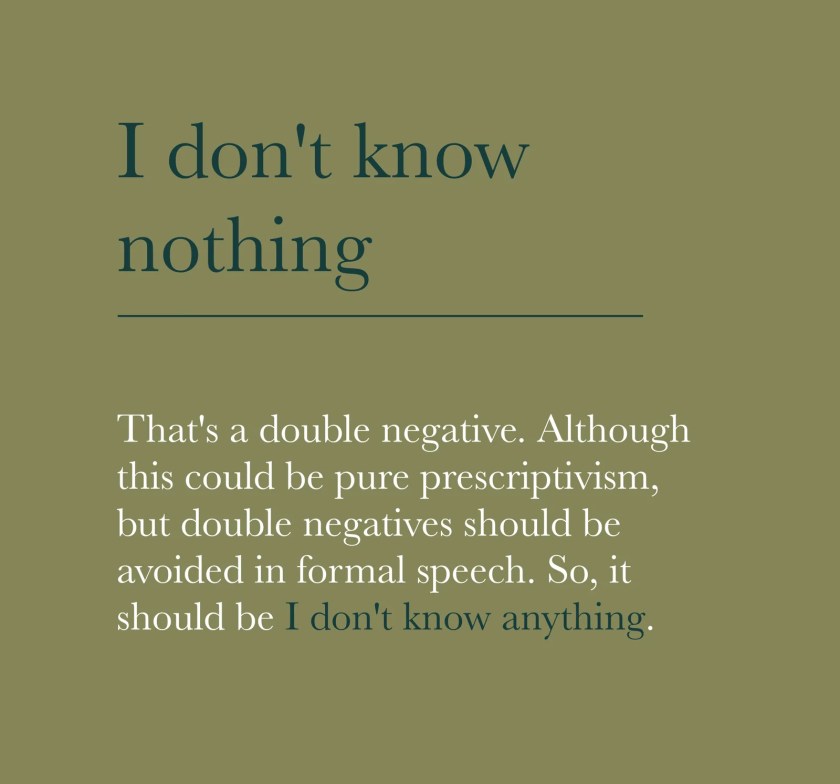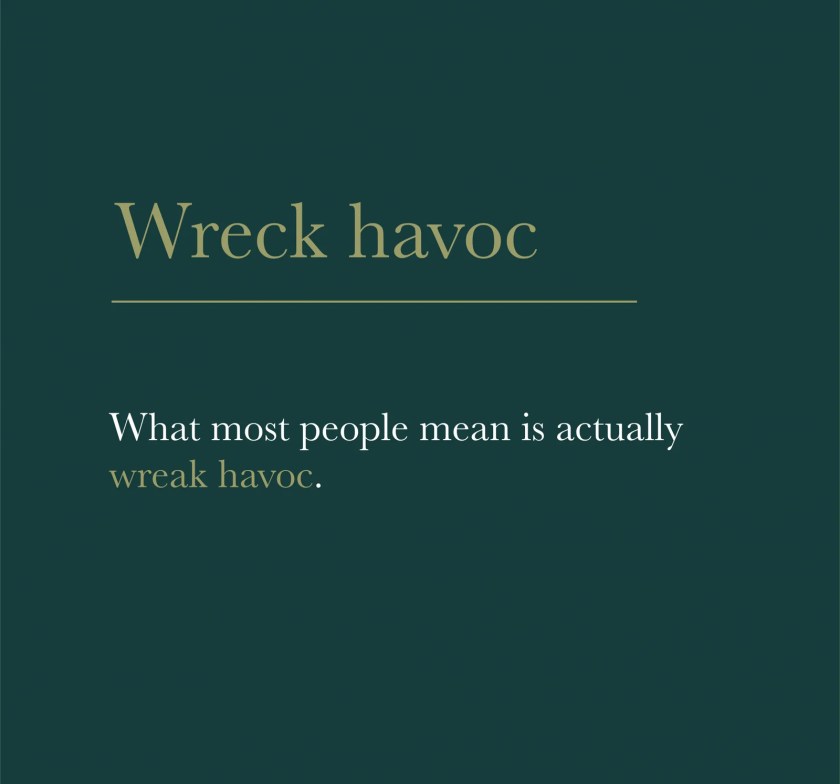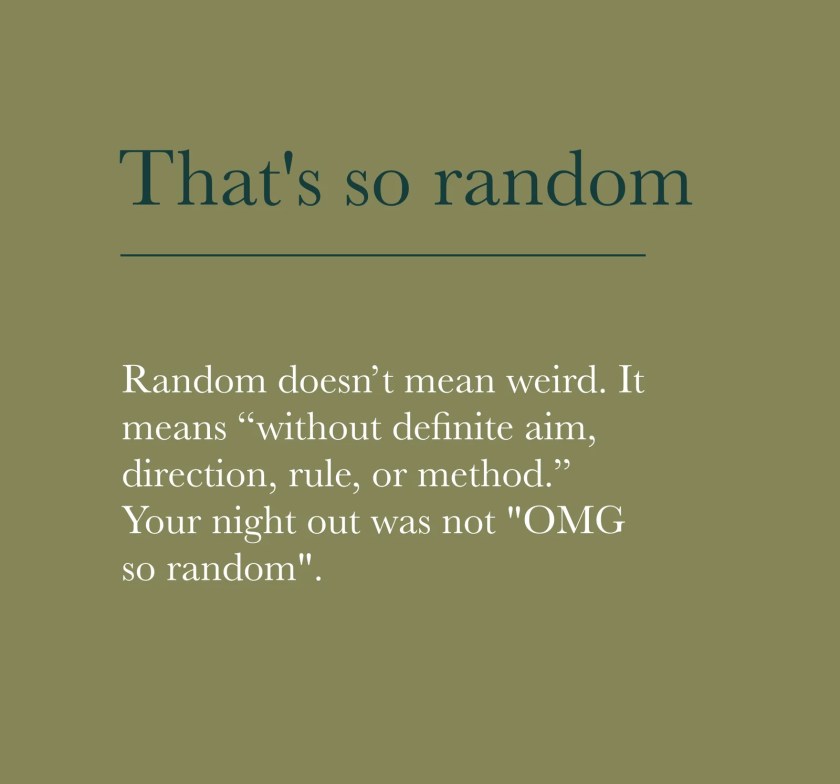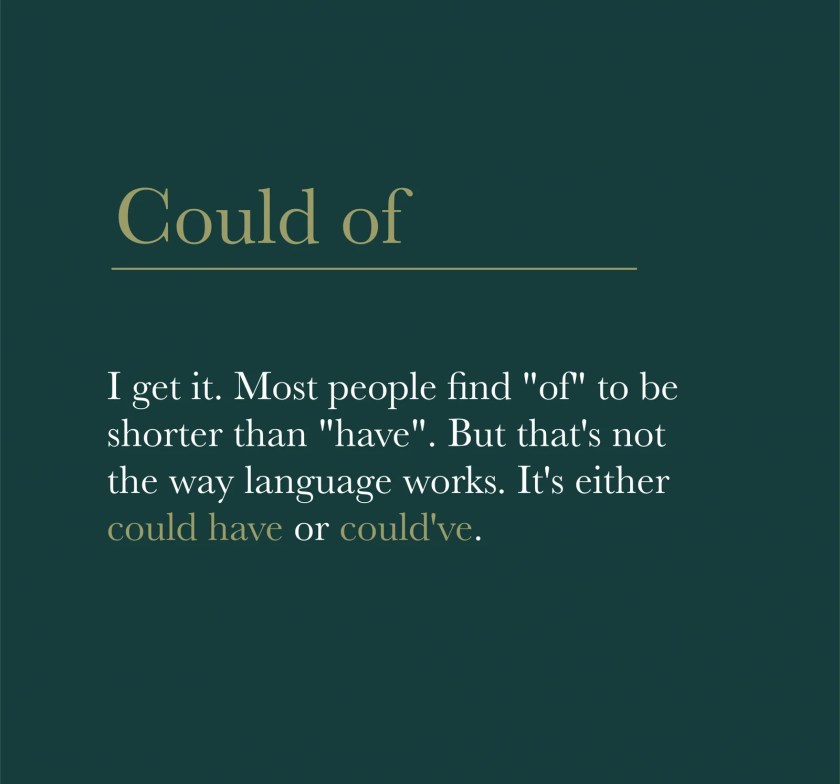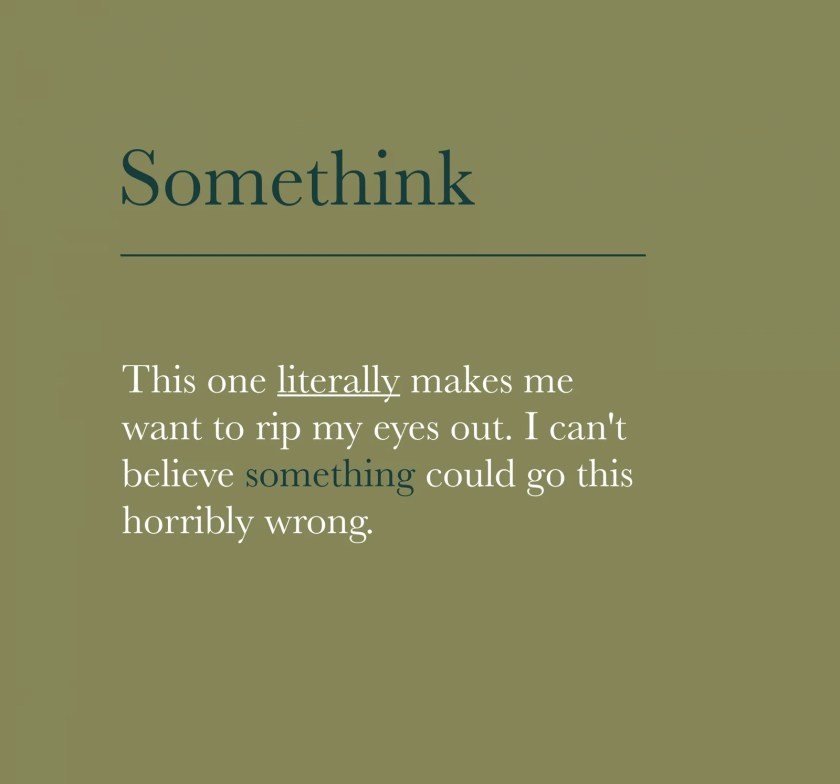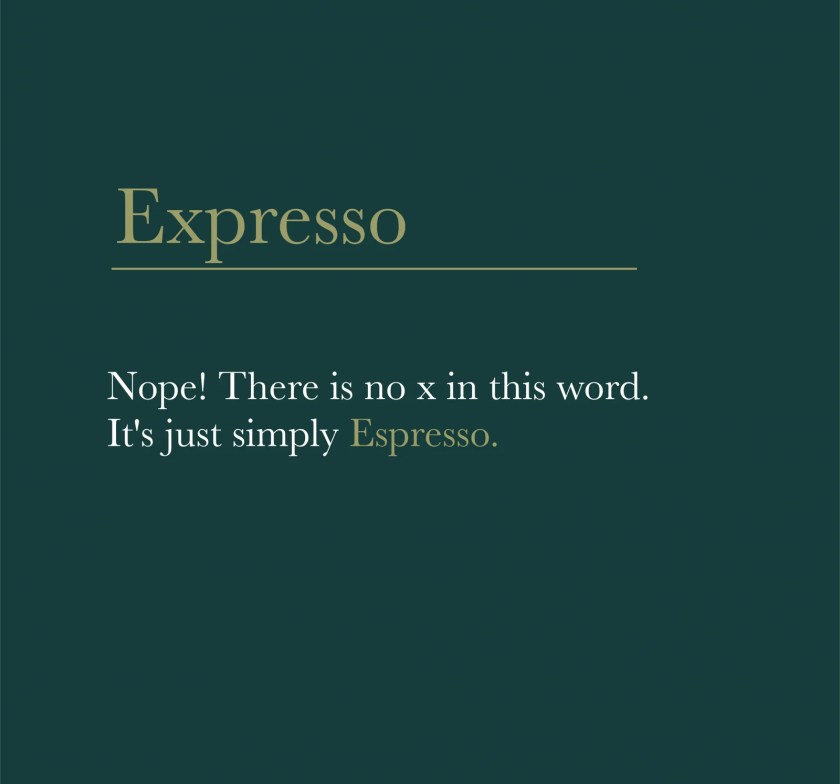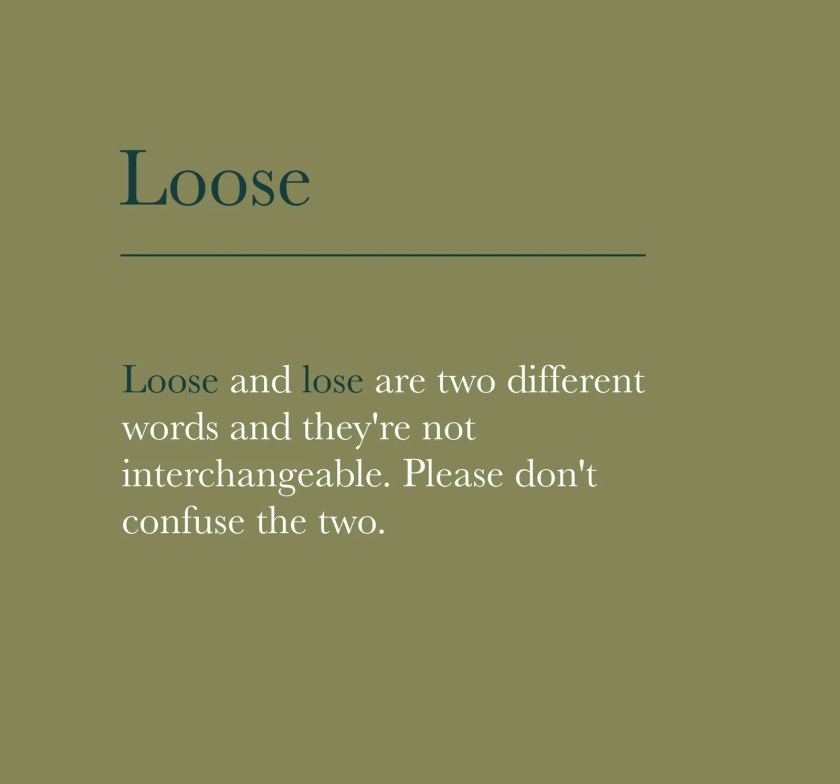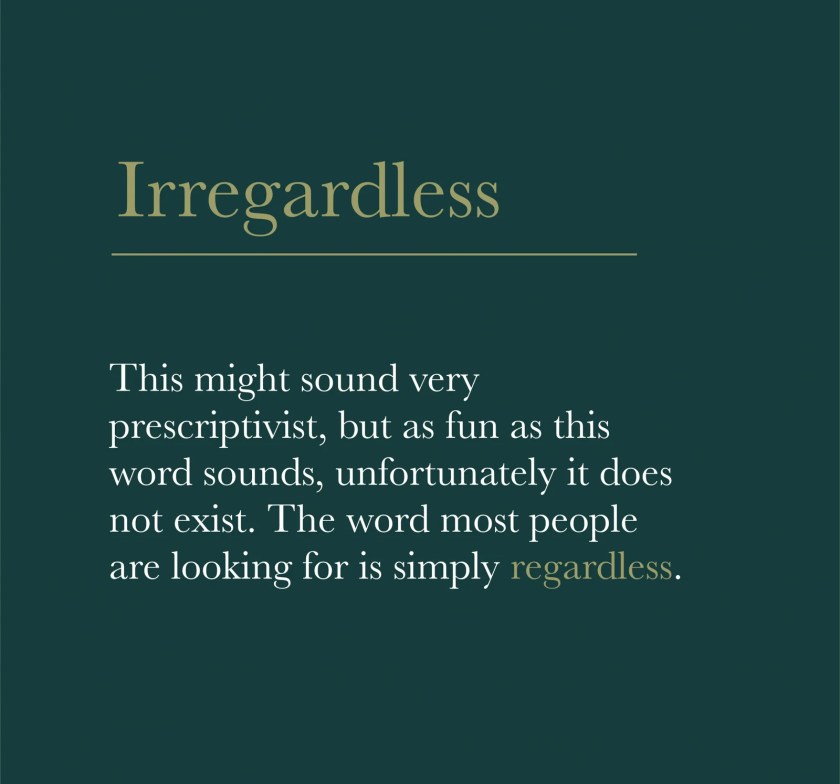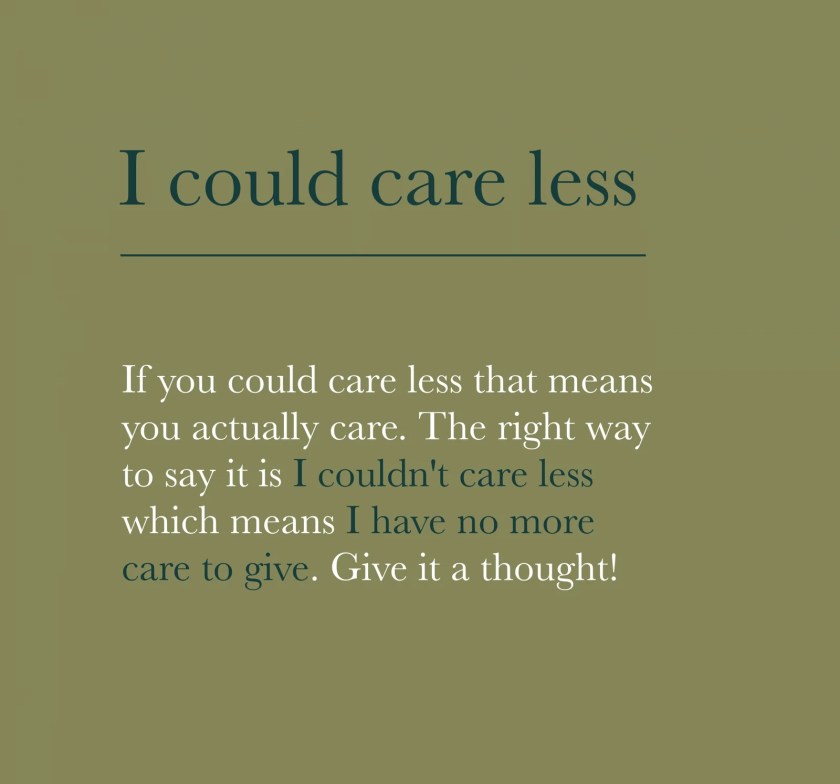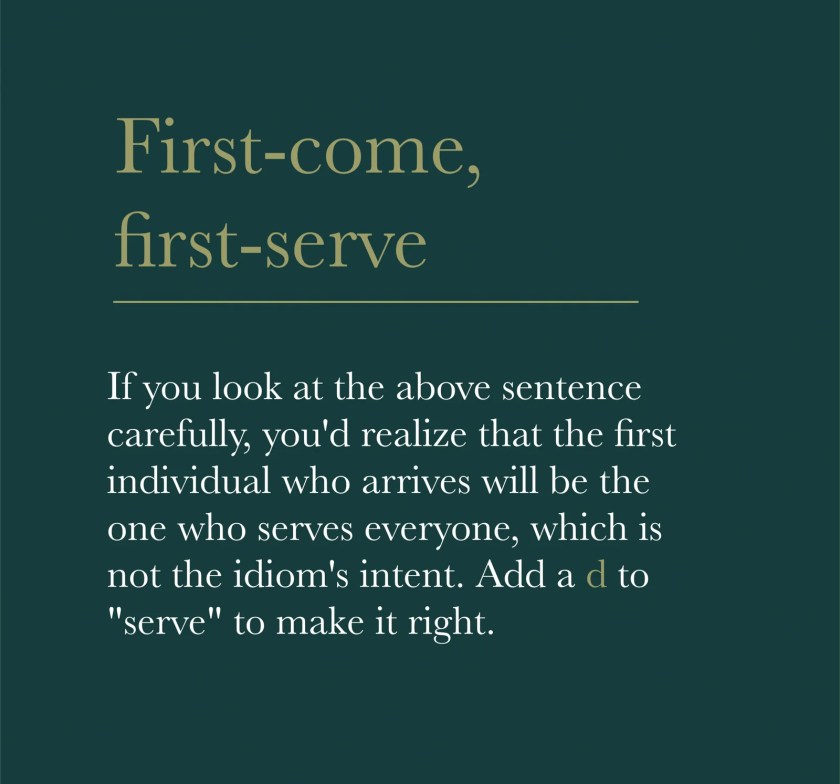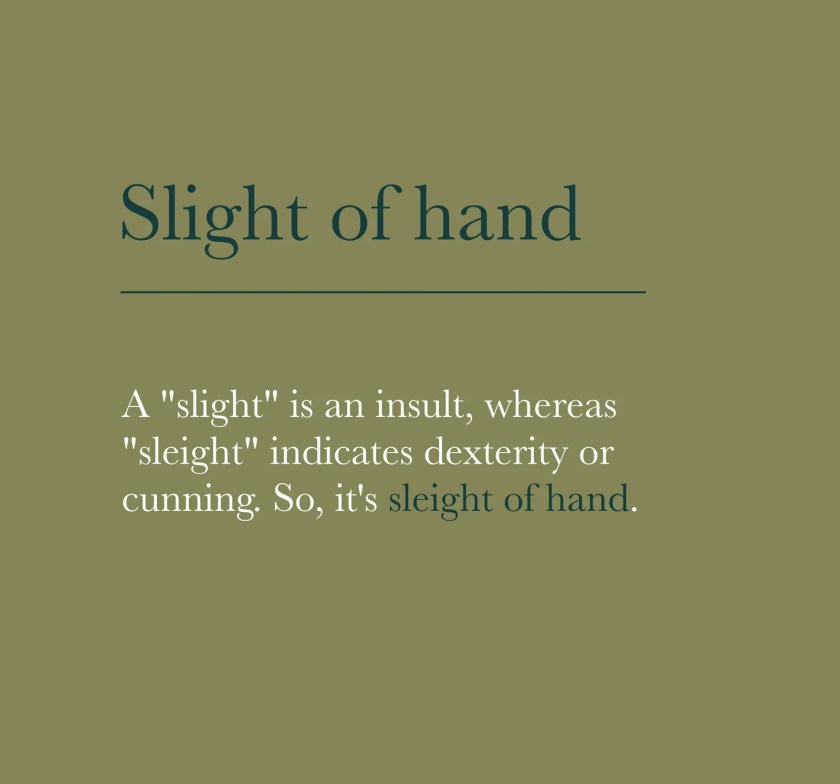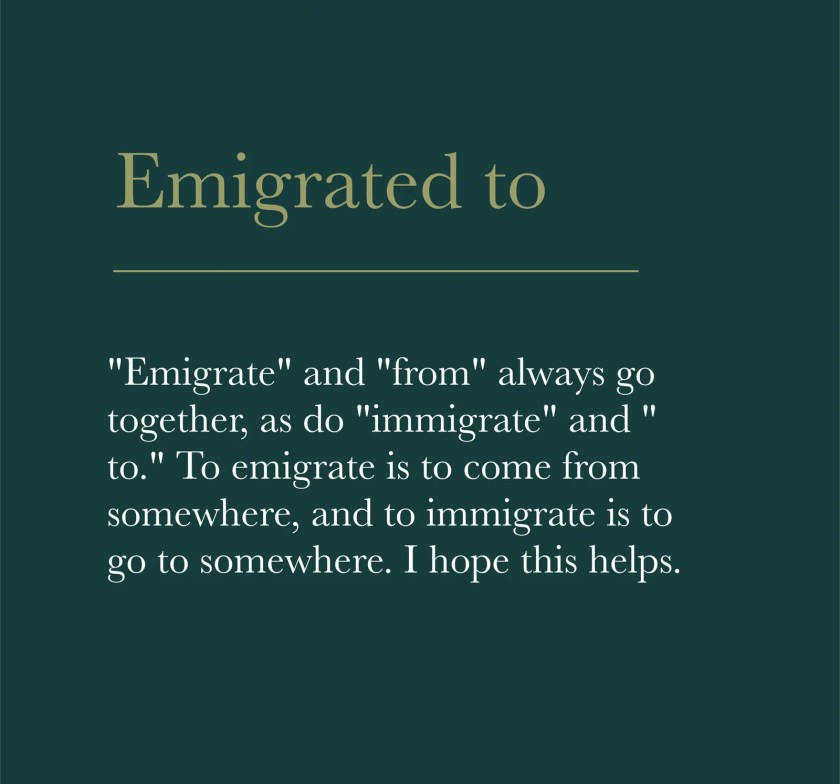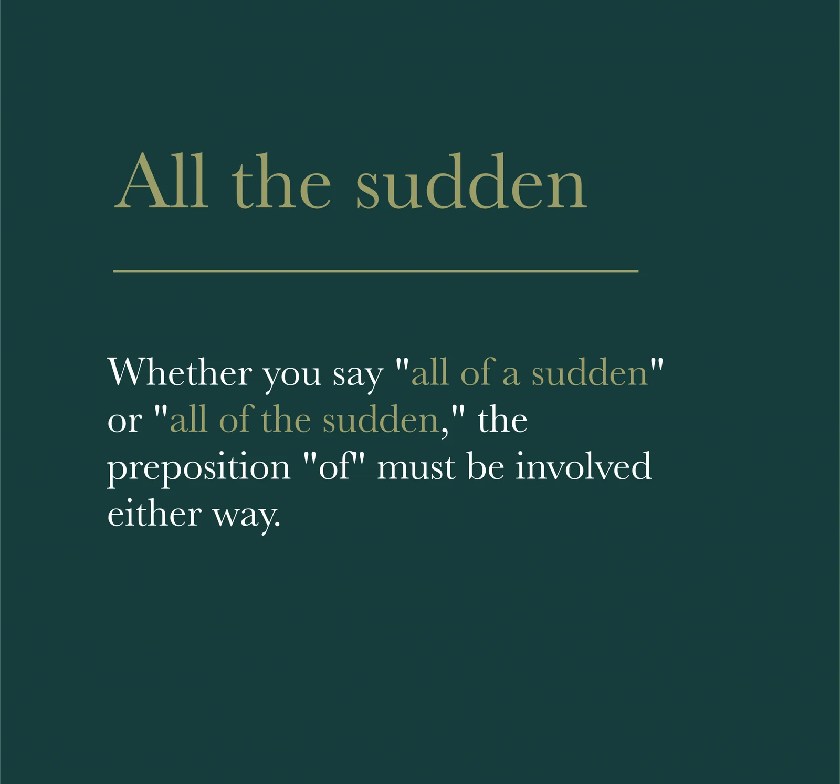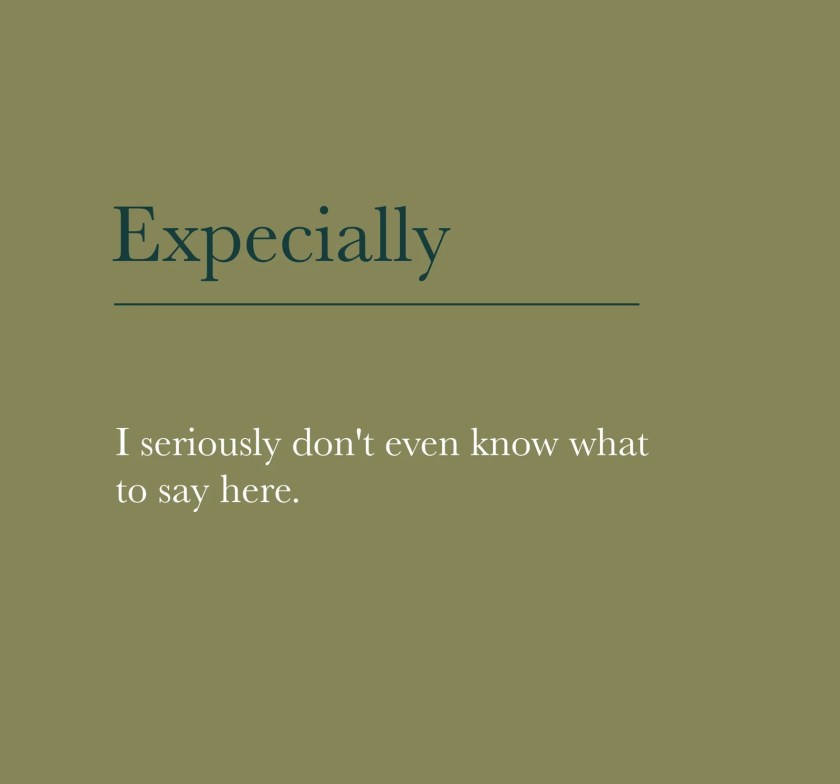It is helpful to remember that English, and most languages, have local/regional conversational dialects that include slang, idioms, cliches, connotative words, and figures of speech (metaphors, similes, etc.) used by most people in everyday conversation, as opposed to Standard English (or French or Spanish etc.) which requires that only the literal, denotative, meaning of the word is used and be grammatically correct.
So most of us native speakers of English know two versions of English to some degree, conversational, which we learn at home and growing up, and standard, which is taught in school. There are advantages to understanding the differences. Theoretically the more educated people are, the more consistent their use of Standard English in both writing and conversation. It is a code almost for revealing your socioeconomic class and education status to perspective employers and others who may judge you and "screen" you out of high paying careers and positions where class matters (it shouldn't but it does). A working class kid (slang for baby goat) usually has to learn to "pass" for a higher class to move up in opportunities. Most of the time people are judged by not only by how they speak and write, but also on their non-verbal skills including how they walk, sit, and dress--sad but true.
For better or worse, English has become the dominant language in global business, economics, and science, and Standard English is the version required for successful communication. Most people who learn English in school as a second language are taught Standard English and only learn the conversational versions when they are immersed in the local culture. Conversational versions are not "right" or "wrong;" they are the language of the people in a particular place and time. Standard English varies only slightly over time and place with the addition of new vocabulary, and remains a constant for precise communication. It is very useful to know the differences and understand when to employ the correct version for the situation.




